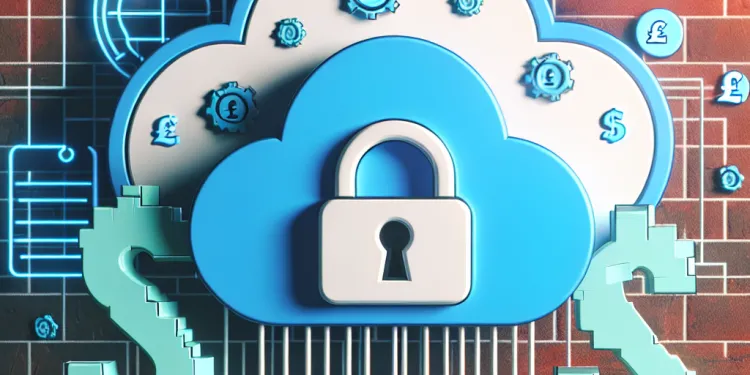
Find Help
More Items From Ergsy search
-
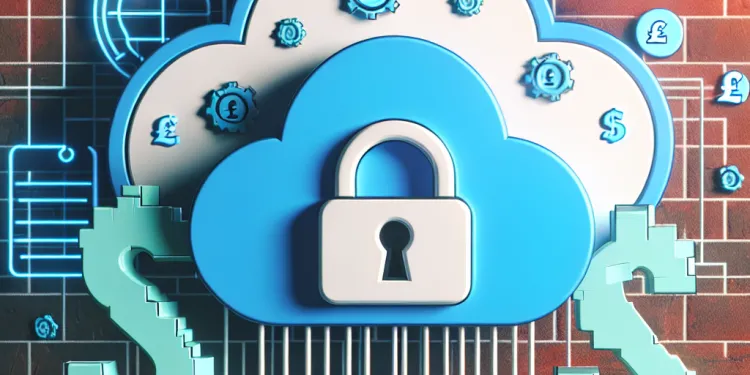
What is a data breach?
Relevance: 100%
-
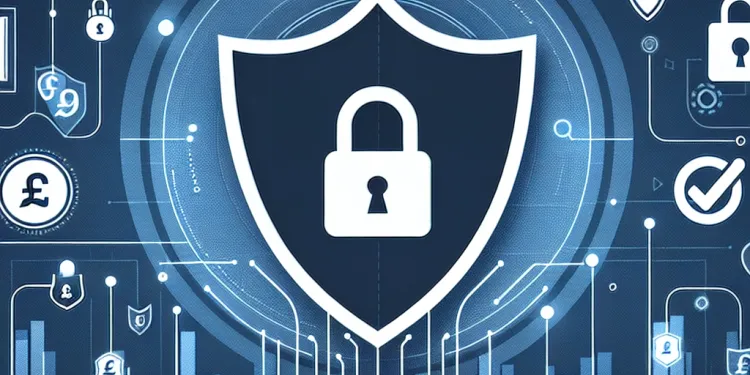
Are companies required to inform me if my data is breached?
Relevance: 90%
-
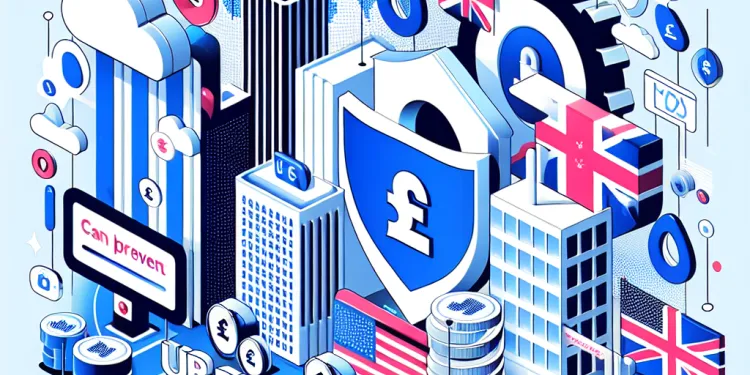
Can I prevent my data from being included in a breach?
Relevance: 85%
-
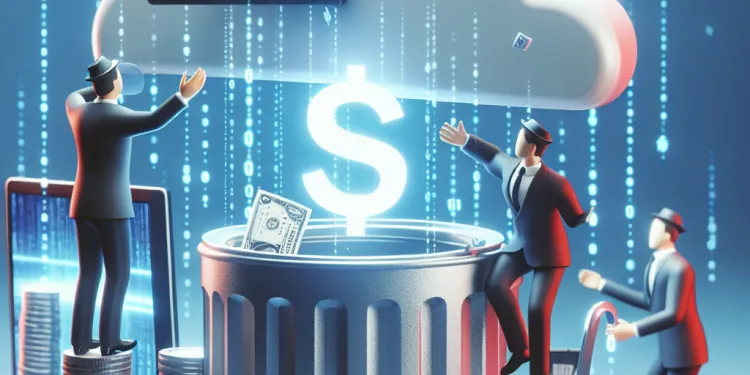
Can I recover data once it has been breached?
Relevance: 84%
-
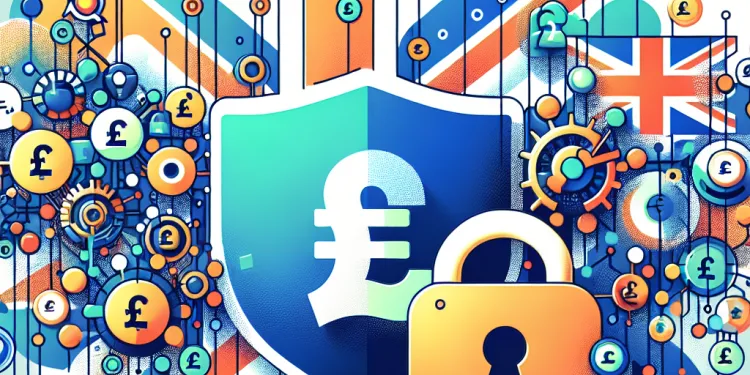
What type of information can be exposed in a data breach?
Relevance: 84%
-
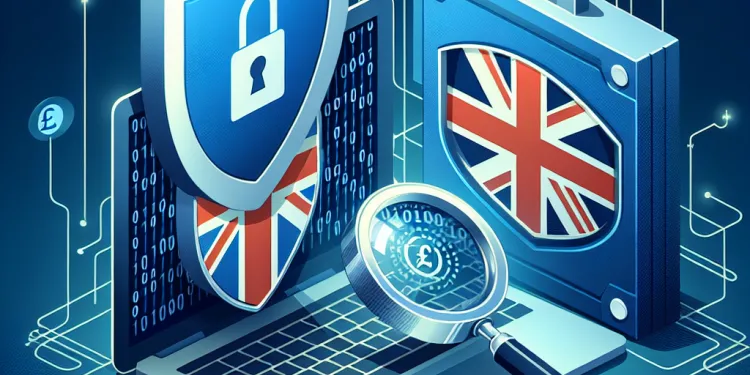
How can I find out if my data was part of a breach?
Relevance: 84%
-
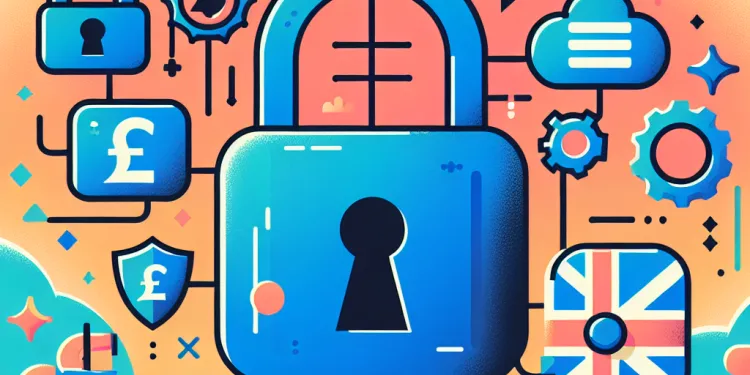
How do I know if my personal information was part of a data breach?
Relevance: 83%
-
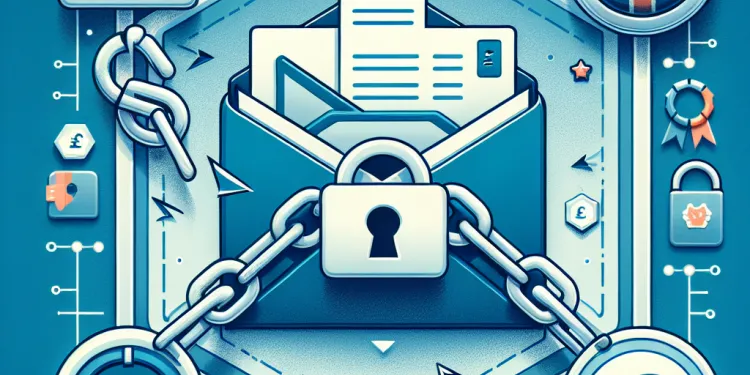
Why are emails often targeted in data breaches?
Relevance: 83%
-
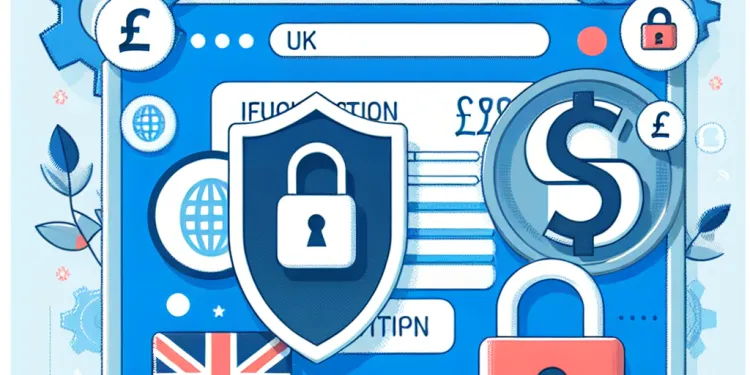
What should I do if I find my information in a data breach?
Relevance: 82%
-
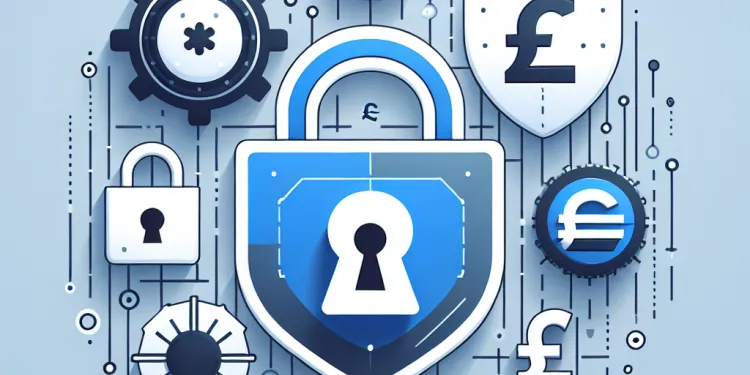
What role do password managers play in data breach prevention?
Relevance: 73%
-
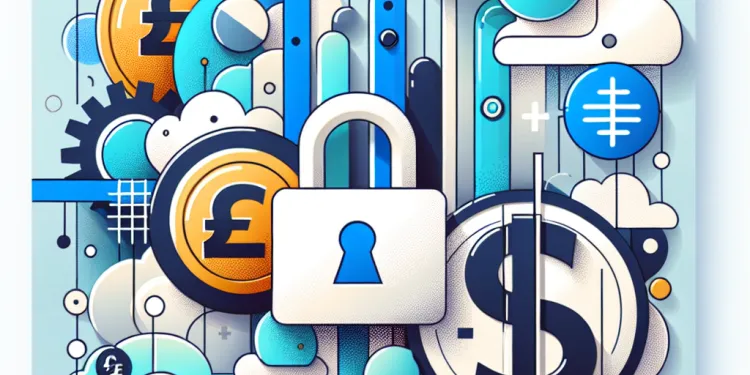
How often should I check for data breaches?
Relevance: 65%
-
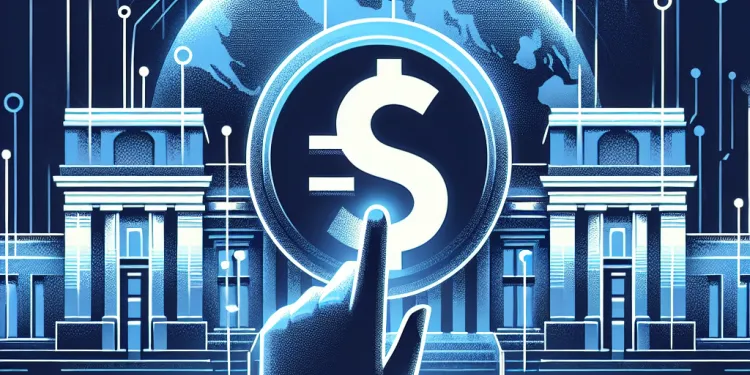
How does a breached company manage the situation?
Relevance: 63%
-
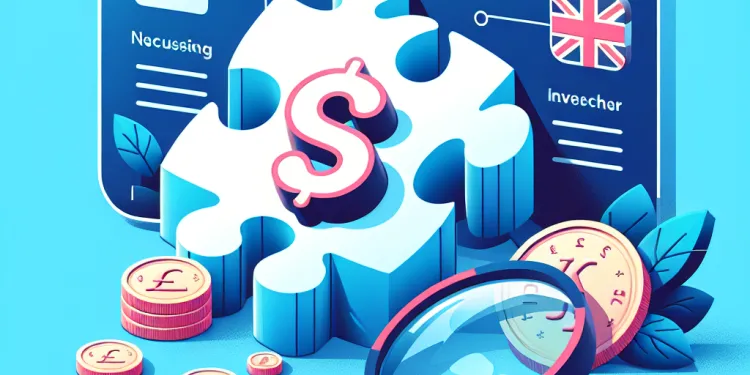
What information do I need to provide to check for breaches?
Relevance: 62%
-
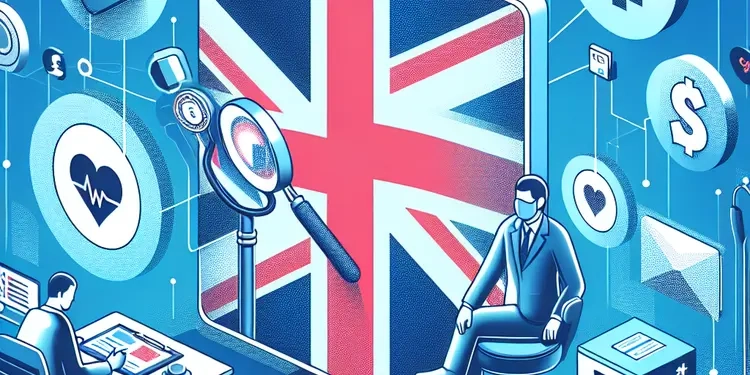
How can I find out if my medical data has been leaked?
Relevance: 58%
-

What is a breach of trust?
Relevance: 54%
-
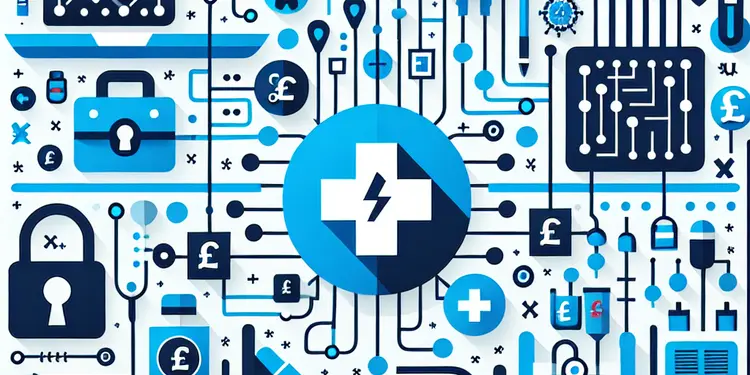
Is my data secure on a virtual ward?
Relevance: 51%
-
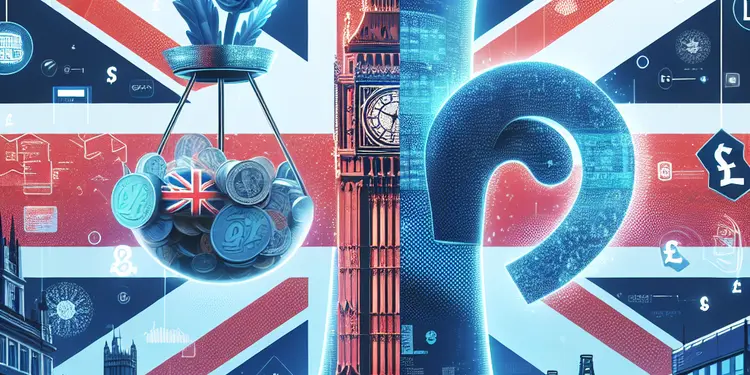
Judicial Review Sought Over NHS Data Sharing Agreements
Relevance: 47%
-
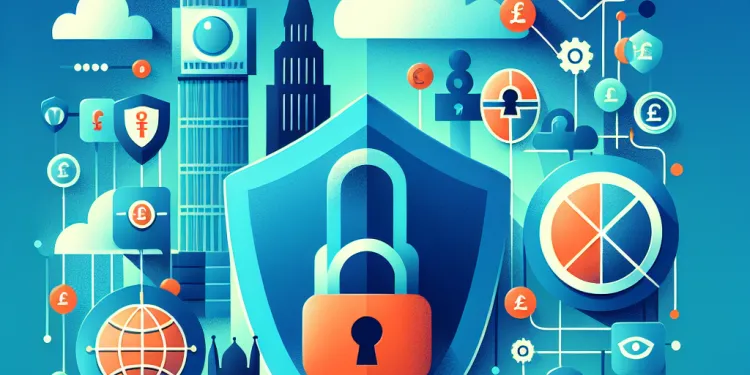
Is it safe to use websites that check for data breaches?
Relevance: 46%
-
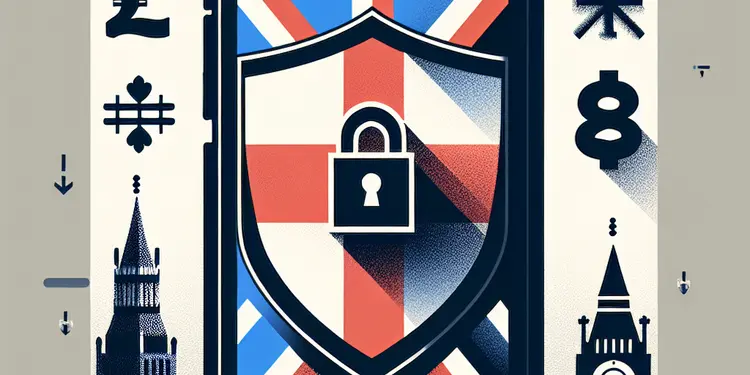
How can I secure sensitive data stored on my phone?
Relevance: 43%
-

Do AI models for lung cancer require a lot of data to train?
Relevance: 38%
-
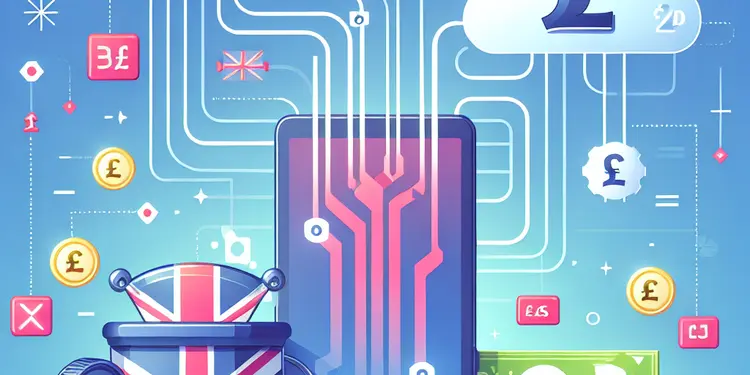
What is the best way to back up my mobile phone data?
Relevance: 38%
-

What should drivers do if there are errors in their digital license data?
Relevance: 37%
-

Which types of imaging data are analyzed by AI for lung cancer detection?
Relevance: 34%
-
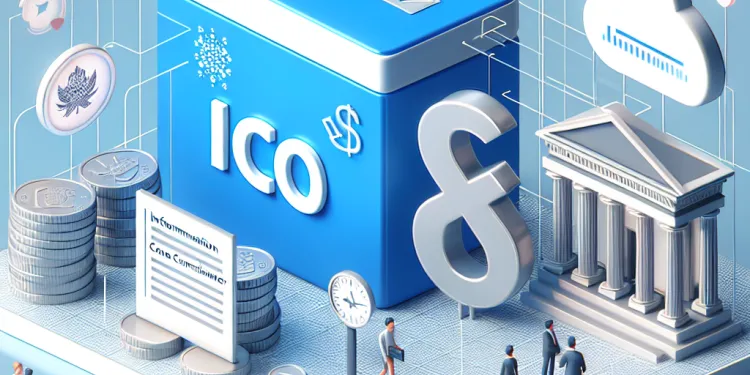
What role does the Information Commissioner’s Office (ICO) play in these disputes?
Relevance: 33%
-
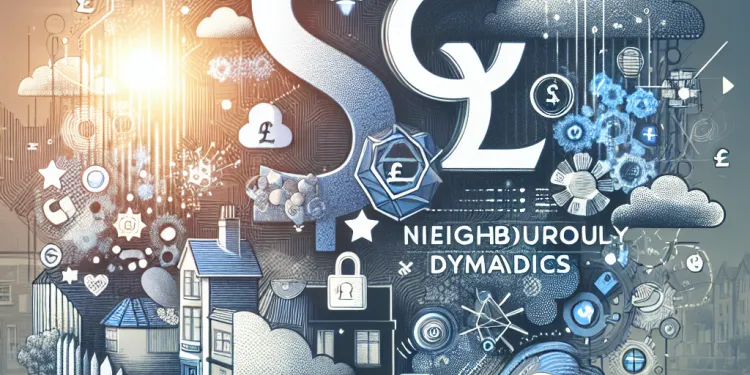
What is my neighbour required to do under GDPR?
Relevance: 31%
-
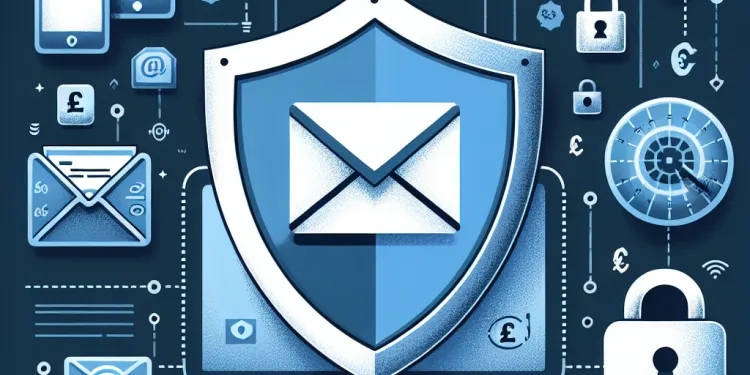
What is the risk of my contacts being compromised if my email is hacked?
Relevance: 29%
-
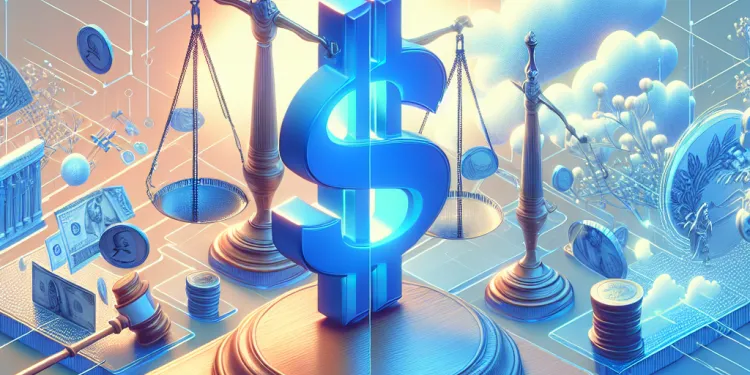
High Court Rules on Controversial Data Privacy Case
Relevance: 29%
-
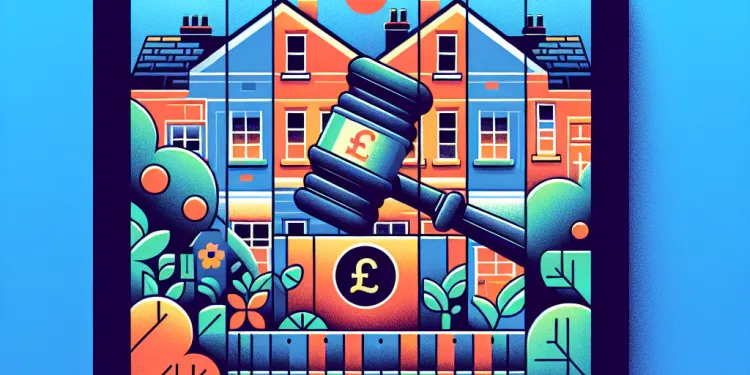
Does the ICO have the power to take action against my neighbour?
Relevance: 26%
-
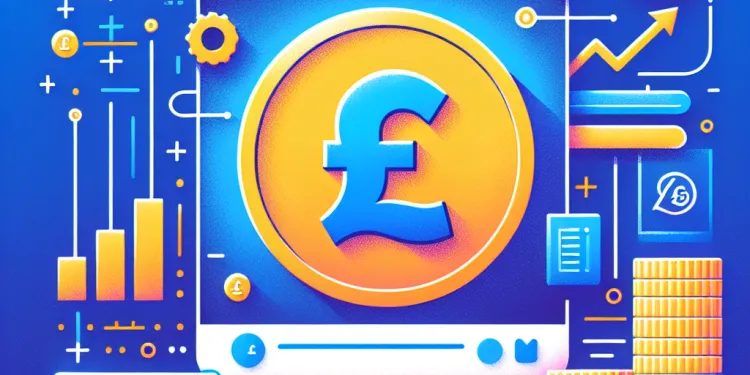
How do I know if my password has been hacked?
Relevance: 26%
-
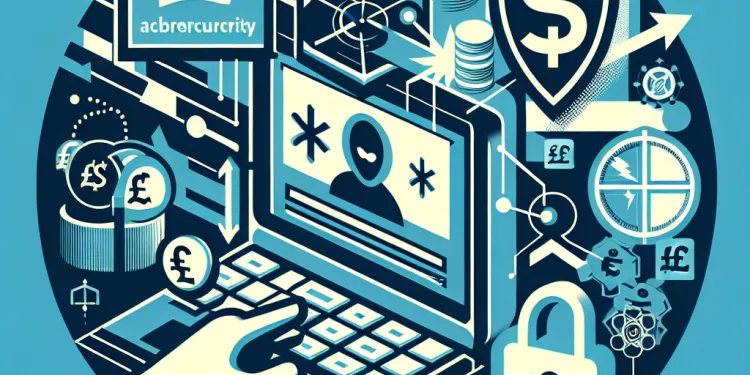
What are the risks of ignoring a hacked account?
Relevance: 25%
-
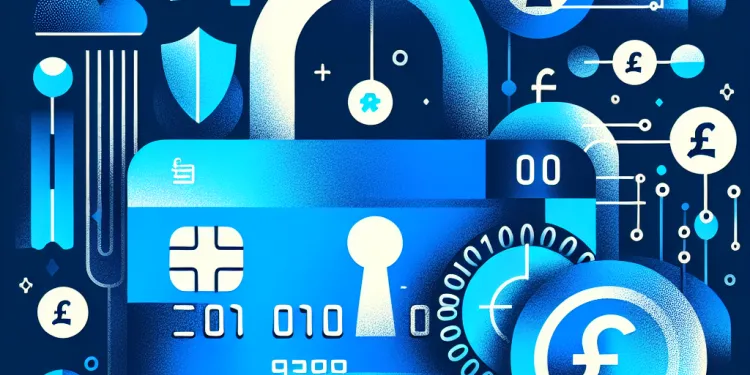
What is identity theft?
Relevance: 25%
-
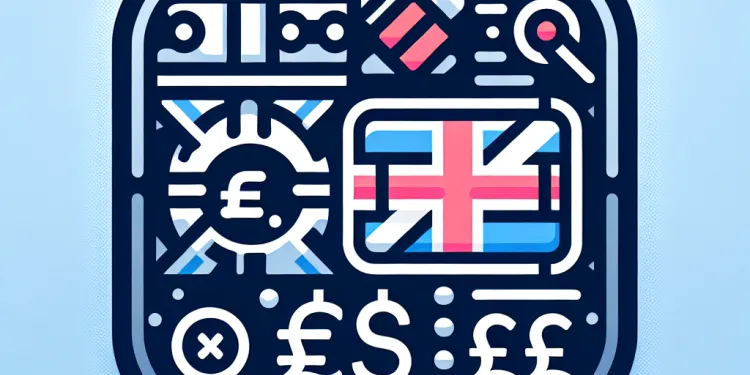
What are the security features of the digital driving license?
Relevance: 24%
-
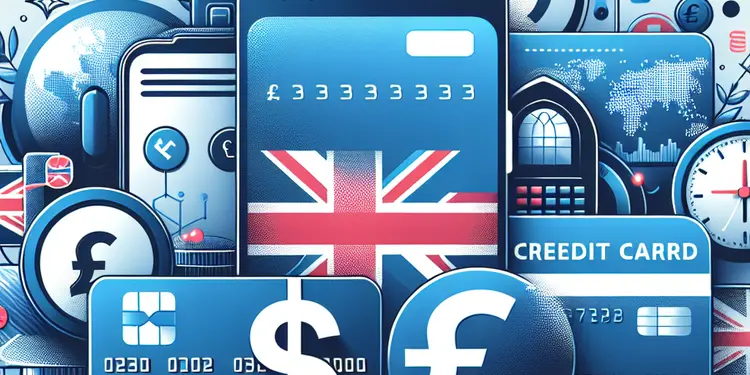
What is credit card fraud?
Relevance: 23%
-

Should I change my passwords regularly?
Relevance: 23%
-
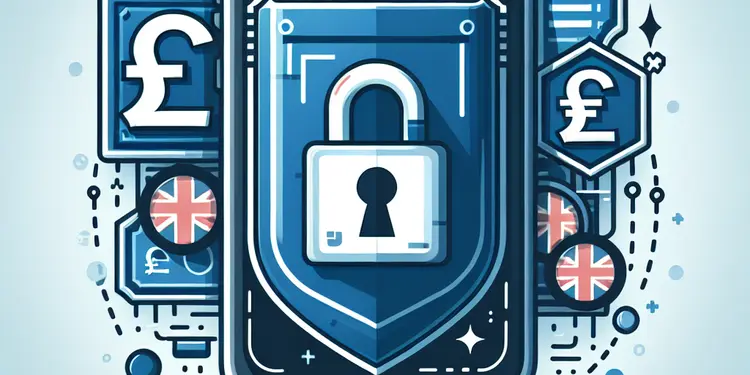
Should I encrypt my mobile phone?
Relevance: 22%
-
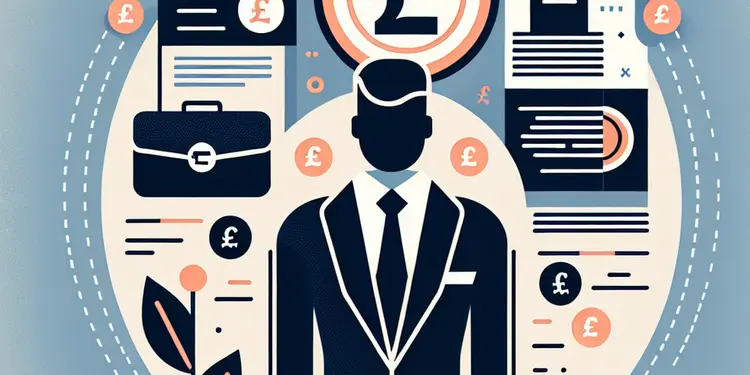
What are the elements of a professional negligence claim?
Relevance: 21%
-
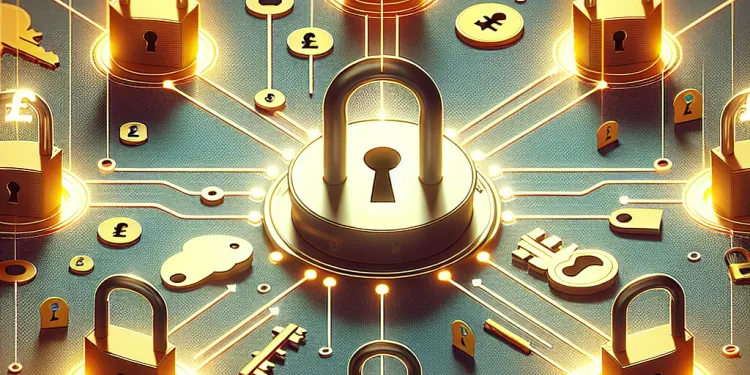
Can using the same password across accounts increase the risk of hacking?
Relevance: 20%
-
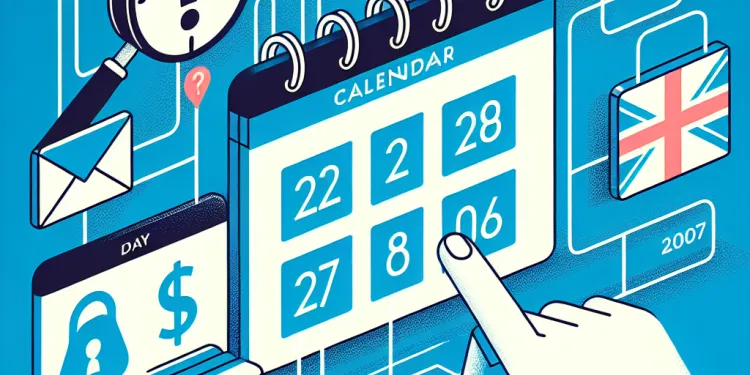
Can unexpected calendar events be a sign of a hacked email?
Relevance: 20%
-

How do Monzo and Revolut keep their apps secure?
Relevance: 20%
-
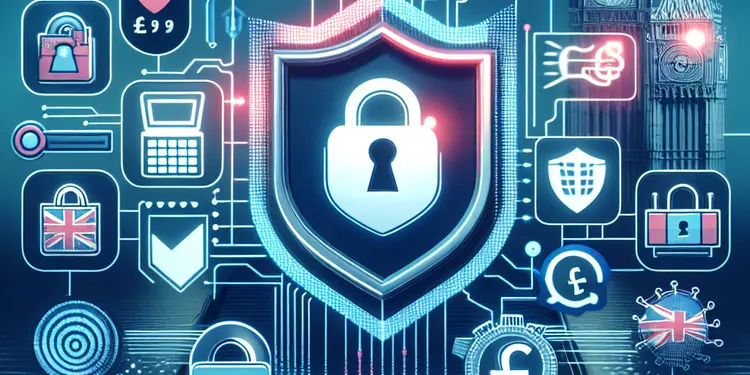
Why is it important to secure my mobile phone?
Relevance: 20%
Understanding a Data Breach
A data breach occurs when confidential, sensitive, or protected information is accessed by unauthorised individuals. This information can include personal data such as financial records, health details, or other types of private data that should remain secure. Breaches typically involve the unauthorised access or retrieval of this data, without the knowledge or consent of the person or organisation it belongs to.
How Data Breaches Happen
Data breaches can happen through various means, often involving malicious attacks, system vulnerabilities, or even employee error. Cybercriminals may employ tactics such as phishing, where fraudulent emails are used to trick individuals into revealing personal information, or malware, which infects systems to gather data without detection. Sometimes, breaches occur due to unsecured databases or improper data management practices, leaving sensitive information exposed online.
Impacts of a Data Breach
The consequences of a data breach can be severe for both individuals and organisations. For individuals, it can lead to identity theft, financial loss, and a breach of privacy. For businesses, a data breach can result in significant financial penalties, reputational damage, and loss of customer trust. In the UK, organisations are required to report data breaches to the Information Commissioner’s Office (ICO) and can face fines under the General Data Protection Regulation (GDPR) for failing to protect data adequately.
Preventing Data Breaches
Preventing data breaches involves implementing strong cybersecurity measures and practices. These include ensuring software and systems are regularly updated to protect against vulnerabilities, using strong, unique passwords with multi-factor authentication, and educating employees about the dangers of phishing attacks. Regularly auditing and monitoring access to sensitive data, along with encryption, can also enhance security. It's important for organisations to have an incident response plan to quickly address and mitigate the effects of a breach if one occurs.
Legal and Regulatory Considerations
In the UK, data protection is governed by the Data Protection Act 2018 and the GDPR. These regulations mandate how personal data should be collected, used, and protected. Organisations must ensure compliance by implementing robust data protection measures and reporting significant breaches to the ICO within 72 hours. Individuals also have rights under these laws, including the right to be informed about how their data is being used and the right to access their personal data.
Conclusion
Data breaches pose a significant risk in today's digital world, affecting individuals and organisations alike. Understanding what a data breach is, how they happen, and the measures that can be taken to prevent them is crucial. By prioritising data protection and adhering to regulatory requirements, it is possible to mitigate the risks and protect sensitive information from falling into the wrong hands.
Understanding a Data Breach
A data breach is when private information is seen or stolen by people who should not have access to it. This information can be things like bank details or health records. It is important to keep this information safe. A breach happens when this private information is taken without permission.
How Data Breaches Happen
Data breaches can happen in many ways. Sometimes bad people, called hackers, try to trick people into giving away their information. They might do this by sending fake emails, which is known as phishing. Hackers might also use viruses to get into computers. Sometimes a breach happens because some information is not protected properly and can be found online by anyone.
Impacts of a Data Breach
A data breach can cause big problems. For people, it can mean someone steals their identity or money. For businesses, it can mean they lose money and people stop trusting them. In the UK, businesses must tell the Information Commissioner’s Office (ICO) if a data breach happens. They can be fined if they do not protect data well.
Preventing Data Breaches
To stop data breaches, it is important to keep computers and software up to date. Using strong passwords and two-factor authentication is also helpful. This means you need two types of information to log in. Teaching workers about phishing and checking who can see important information can make things safer. It is also good to have a plan for what to do if a breach happens.
Legal and Regulatory Considerations
In the UK, the law says how to handle personal data properly. There are rules like the Data Protection Act 2018 and the GDPR. Businesses must follow these rules to keep data safe. If they have a big data breach, they must tell the ICO in 72 hours. People also have rights, like knowing how their data is being used and seeing their own information.
Conclusion
Data breaches are a big problem in today’s world, affecting many people and businesses. It is important to know what a data breach is and how to stop it. By keeping data safe and following the rules, we can reduce the chance of information getting into the wrong hands.
Frequently Asked Questions
What is a data breach?
A data breach is an incident where unauthorized individuals gain access to confidential, sensitive, or protected information.
How do data breaches occur?
Data breaches can occur through hacking, malware, insider threats, physical theft, or unintentional loss or exposure of data.
What types of information are typically targeted in data breaches?
Common targets include personal information, financial records, login credentials, and proprietary business information.
Who is responsible for data breaches?
While attackers are responsible for breaching data, organizations are responsible for protecting the data and responding to breaches.
What are the consequences of a data breach?
Consequences include financial loss, reputational damage, legal penalties, and potential harm to individuals if personal data is involved.
How can individuals protect themselves from data breaches?
Individuals can protect themselves by using strong passwords, enabling two-factor authentication, and staying vigilant about suspicious activity.
How do companies detect data breaches?
Companies detect data breaches through monitoring tools, security audits, and anomaly detection systems.
What steps should be taken immediately after a data breach is discovered?
Steps include containing the breach, assessing the impact, notifying affected parties, and reporting the breach to authorities if required.
What role do regulations play in data breaches?
Regulations like GDPR and CCPA impose requirements on how organizations must handle data breaches, including notification timelines and penalties.
Can data breaches be completely prevented?
While no system is entirely immune, organizations can minimize risk with strong security measures and incident response planning.
How often do data breaches occur?
Data breaches occur frequently, with thousands reported annually, affecting millions of individuals and organizations worldwide.
What is phishing and how does it relate to data breaches?
Phishing is a technique where attackers trick individuals into revealing sensitive information, often contributing to data breaches.
What is a data breach notification?
A data breach notification is a communication informing individuals or entities about a breach that compromised their data.
How do data breaches affect consumers?
Consumers may suffer from identity theft, financial fraud, and privacy violations as a result of data breaches.
What is the difference between a data breach and a data leak?
A data breach involves intentional unauthorized access, while a data leak is accidental exposure of data.
What are some common signs of a data breach?
Signs include unusual account activity, system performance issues, and the presence of unrecognized files or applications.
Are data breaches covered by insurance?
Yes, many companies have cyber insurance policies that may cover costs associated with data breaches.
What is the role of encryption in preventing data breaches?
Encryption enhances data security by making information unreadable to unauthorized users, reducing the impact of breaches.
What industries are most affected by data breaches?
Industries most affected include healthcare, financial services, retail, and technology due to the sensitive data they handle.
How have data breaches evolved over time?
Data breaches have become more sophisticated, with attackers using advanced methods and targeting larger volumes of data.
What is a data breach?
A data breach is when someone gets into a computer system without permission and takes secret or private information. This could be things like your name, address, or even credit card numbers.
Think of it like someone sneaking into your house and taking important things.
Here are some ways to protect yourself:
- Use strong passwords. Make them hard to guess.
- Don't share your passwords with anyone.
- Keep your computer's software updated.
- Think before you click on links in emails from people you don't know.
If it's hard to remember your passwords, you can use a password manager. This is a tool that helps keep your passwords safe and easy to find.
A data breach is when someone gets into important information that they are not allowed to see.
How do data breaches happen?
Data breaches are when bad people get private information they shouldn't have.
This happens when:
- Someone guesses or steals a password.
- There's a trick like a fake email to get information.
- A computer system isn't protected well.
Here are some things that can help keep information safe:
- Use strong passwords with letters, numbers, and symbols.
- Be careful about clicking on links in emails.
- Make sure computer security is up to date.
Data leaks can happen in different ways. These include someone breaking into systems (called hacking), bad software (called malware), people inside stealing information (insider threats), stealing computers or phones (physical theft), or by accident when data gets lost or seen by others.
What information do hackers try to steal in data breaches?
Hackers often try to take:
- Your name
- Your address
- Your phone number
- Your email
- Your passwords
- Your credit card numbers
To stay safe, use strong passwords and keep your information private.
Bad people might try to take things like your name, address, and phone number. They might also want your bank details, passwords, or secret work information.
Who is in charge if data is stolen?
When data is taken or stolen, it's called a "data breach".
A company or person who keeps others' data safe is responsible if it gets stolen.
They must make sure data is protected with strong passwords and safe systems.
Good ways to keep data safe include:
- Changing passwords often
- Using security software
- Keeping systems updated
- Being careful about sharing information
Bad people, called attackers, sometimes try to steal information. Organizations, like companies or schools, must keep this information safe and fix things if it gets stolen.
What happens if data is stolen?
Sometimes, bad people steal personal information from computers or websites. This is called a data breach. Here's what can happen:
- People might lose their personal information, like names, addresses, or important numbers.
- Bad people can use this information to take money or pretend to be someone else.
- Companies might have to pay money to fix the problem.
- People might stop trusting the company that lost their data.
If you have trouble reading, you can use tools that read text out loud or make the text bigger. You might also like to talk about this with someone who can help explain it more.
Bad things that can happen are losing money, getting a bad name, having to pay fines, and people might get hurt if their personal information is shared.
How can people keep their data safe?
Here are some simple steps to keep your data safe:
- Use strong passwords: Make sure your passwords are hard to guess. Use letters, numbers, and symbols.
- Don't share passwords: Keep your passwords secret. Only you should know them.
- Update software: Always update apps and programs. This helps fix problems that bad people use to get in.
- Be careful with emails: Don't open emails from people you don't know. They might try to trick you.
- Use security tools: Use things like antivirus and firewalls. They help keep bad stuff away from your computer.
Ask someone you trust if you need help with any of these steps.
You can keep yourself safe by doing these things:
- Use strong passwords. These are hard for others to guess. Try using a mix of letters, numbers, and special characters.
- Turn on two-factor authentication. This adds an extra step, like a code sent to your phone, when you log in. It makes things more secure.
- Be on the lookout for anything strange or suspicious. If something doesn’t seem right, check it out.
Also, you can use tools like password managers to help you remember passwords and keep them safe.
How do companies find out if their data is not safe?
When a company's information is not safe, it is called a "data breach." Companies want to make sure their information stays safe.
Here are some ways companies find out if their information is not safe:
- They use special computer programs to watch for problems. These programs give a warning if something seems wrong.
- They check their computer systems often to look for anything strange.
- They teach workers how to keep information safe and what to look for.
If you find reading hard, ask someone to help you read or explain the steps. You can also use tools that read the text out loud for you. Remember, it's okay to ask for help!
Companies find out about data problems by using special tools that watch for issues. They also check their systems regularly and look for anything unusual.
What to Do Right Away if Someone Steals Your Data
Here is what you can do if someone takes your information:
- Stay calm: Take deep breaths and don't panic.
- Tell someone in charge: Let your boss or a teacher know what's happened.
- Change passwords: Make new passwords for your accounts.
- Check your accounts: Look at your bank and other important accounts to see if they are safe.
- Use help: Tools like password managers can help keep your new passwords safe.
Here are some steps to follow:
1. Stop the problem from getting worse.
2. Look at what damage has been done.
3. Tell the people who are affected.
4. Tell the right people in charge if needed.
Using simple tools like picture charts or checklists can help you remember these steps.
How do rules help keep data safe?
Rules like GDPR and CCPA tell companies what to do if there is a data breach. They say how quickly companies must tell people and what happens if they don't follow the rules.
Can we stop all data leaks?
No system is completely safe from problems, but companies can make risks smaller with strong safety rules and plans to deal with problems when they happen.
How often do data breaches happen?
Data breaches happen when someone gets into a computer system and takes information. This can happen a lot.
Here are some ways to understand this better:
- Think of a data breach like someone sneaking into your house and taking your things. This can happen to computers too.
- Use pictures or videos to help explain data breaches.
- Ask someone to explain it with simple words or drawings.
Data breaches happen a lot. This means private information can get out. Every year, thousands of these happen. It affects millions of people and companies all over the world.
What is phishing and how does it cause data problems?
Phishing is when criminals try to trick you into giving your personal information. This can be passwords or credit card numbers.
They might send fake emails or messages that look real but are not.
When this happens, your private information can get into the wrong hands. This is called a data breach.
To stay safe, use tools like spam filters and be careful about the links you click.
Phishing is when bad people try to trick us. They want us to give away our personal information, like passwords or secret details. This can cause big problems and make our information unsafe.
What is a data breach notification?
A data breach notification is a message.
This message tells you that some important information (called data) has been stolen or lost.
This information might belong to you.
If you get a data breach notification, there are steps you can take to stay safe:
- Read the message carefully.
- Ask someone you trust to help you understand it.
- Check your accounts for anything unusual.
You can also use tools like text-to-speech to help understand the message.
A data breach notification is a message that tells people or groups that their information was not kept safe.
How do data breaches affect people who buy things?
Sometimes, bad people steal information from computers.
This is called a "data breach."
When this happens, people can get worried or upset.
Bad people might take important stuff like your name or card number.
To help you, try talking to someone you trust if you're worried.
Ask a grown-up about tools that can protect you online.
Data breaches can cause big problems. People might have their identity stolen, lose money, or have their private information shared.
What is the difference between a data breach and a data leak?
A data breach is when someone gets private information without permission. This can happen if someone hacks into a computer system.
A data leak is when private information is accidentally shared. This can happen if someone makes a mistake and shares information they should not have.
To stay safe, use strong passwords and double-check who you share information with.
A data breach is when someone breaks in to steal information on purpose.
A data leak is when information is shown by accident.
If reading is hard for you, try using tools like text-to-speech apps that read words out loud.
What are some signs that data might be stolen?
Here are some signs that data might be stolen:
- Strange emails or messages
- New programs on your computer you did not install
- Your password stops working
- Missing money from your account
- Your computer or phone is really slow
If you see these signs, tell an adult or someone who can help.
Look out for these warning signs:
- Your account is doing strange things you don't remember doing.
- Your computer is slow or not working right.
- You see files or apps you didn't put on your computer.
If you have trouble reading, try these helpful tools:
- Text-to-speech apps that read words out loud.
- Highlighting tools to help you focus on one part at a time.
- Pictograms or icons that show the meaning of words.
Does insurance pay for data leaks?
Yes, a lot of companies have special insurance. This insurance can help pay if there is a problem with their computers or if someone steals their data.
How does encryption help keep data safe?
Encryption is like a secret code. It helps keep important information safe.
When you use encryption, the information is changed into a code. Only people with the right key can read it.
This means if someone tries to steal the information, they cannot read it without the key.
You can think of encryption like a lock on a treasure chest. Only the person with the right key can open it and see what’s inside.
Using strong passwords and antivirus software can also help keep your data safe.
Encryption makes information safe. It turns the information into a secret code, so people who are not allowed cannot read it. This helps keep your information safe, even if someone tries to steal it.
You can use special tools like password managers to make and remember strong passwords. It's also good to use apps that can encrypt your messages and data.
Which jobs have the most problems with data leaks?
Some jobs are affected the most. These jobs include taking care of people, dealing with money, selling things in stores, and making new gadgets and apps. This is because they have to look after important information.
How have data breaches changed over time?
Let's look at how data breaches have changed. A data breach is when secret information is taken or stolen. Over time, these breaches have become bigger and happen more often.
Ways breaches have changed:
- Long ago, breaches were smaller. Now, they can affect millions of people.
- In the past, only experts could cause a breach. Now, more people can do it using easy tools.
- Today, more types of information can be stolen, like photos and messages, not just passwords.
If you find reading hard, try:
- Breaking information into small parts.
- Using a reader app to hear the words.
- Asking someone to help explain big parts.
Bad people are getting better at stealing information. They use clever tricks to take more and more data.
Useful Links
Have you found an error, or do you have a link or some information you would like to share? Please let us know using the form below.
-->
This website offers general information and is not a substitute for professional advice.
Always seek guidance from qualified professionals.
If you have any medical concerns or need urgent help, contact a healthcare professional or emergency services immediately.
Some of this content was generated with AI assistance. We’ve done our best to keep it accurate, helpful, and human-friendly.
- Ergsy carfully checks the information in the videos we provide here.
- Videos shown by Youtube after a video has completed, have NOT been reviewed by ERGSY.
- To view, click the arrow in centre of video.
- Most of the videos you find here will have subtitles and/or closed captions available.
- You may need to turn these on, and choose your preferred language.
- Go to the video you'd like to watch.
- If closed captions (CC) are available, settings will be visible on the bottom right of the video player.
- To turn on Captions, click settings .
- To turn off Captions, click settings again.
More Items From Ergsy search
-

What is a data breach?
Relevance: 100%
-

Are companies required to inform me if my data is breached?
Relevance: 90%
-

Can I prevent my data from being included in a breach?
Relevance: 85%
-

Can I recover data once it has been breached?
Relevance: 84%
-

What type of information can be exposed in a data breach?
Relevance: 84%
-

How can I find out if my data was part of a breach?
Relevance: 84%
-

How do I know if my personal information was part of a data breach?
Relevance: 83%
-

Why are emails often targeted in data breaches?
Relevance: 83%
-

What should I do if I find my information in a data breach?
Relevance: 82%
-

What role do password managers play in data breach prevention?
Relevance: 73%
-

How often should I check for data breaches?
Relevance: 65%
-

How does a breached company manage the situation?
Relevance: 63%
-

What information do I need to provide to check for breaches?
Relevance: 62%
-

How can I find out if my medical data has been leaked?
Relevance: 58%
-

What is a breach of trust?
Relevance: 54%
-

Is my data secure on a virtual ward?
Relevance: 51%
-

Judicial Review Sought Over NHS Data Sharing Agreements
Relevance: 47%
-

Is it safe to use websites that check for data breaches?
Relevance: 46%
-

How can I secure sensitive data stored on my phone?
Relevance: 43%
-

Do AI models for lung cancer require a lot of data to train?
Relevance: 38%
-

What is the best way to back up my mobile phone data?
Relevance: 38%
-

What should drivers do if there are errors in their digital license data?
Relevance: 37%
-

Which types of imaging data are analyzed by AI for lung cancer detection?
Relevance: 34%
-

What role does the Information Commissioner’s Office (ICO) play in these disputes?
Relevance: 33%
-

What is my neighbour required to do under GDPR?
Relevance: 31%
-

What is the risk of my contacts being compromised if my email is hacked?
Relevance: 29%
-

High Court Rules on Controversial Data Privacy Case
Relevance: 29%
-

Does the ICO have the power to take action against my neighbour?
Relevance: 26%
-

How do I know if my password has been hacked?
Relevance: 26%
-

What are the risks of ignoring a hacked account?
Relevance: 25%
-

What is identity theft?
Relevance: 25%
-

What are the security features of the digital driving license?
Relevance: 24%
-

What is credit card fraud?
Relevance: 23%
-

Should I change my passwords regularly?
Relevance: 23%
-

Should I encrypt my mobile phone?
Relevance: 22%
-

What are the elements of a professional negligence claim?
Relevance: 21%
-

Can using the same password across accounts increase the risk of hacking?
Relevance: 20%
-

Can unexpected calendar events be a sign of a hacked email?
Relevance: 20%
-

How do Monzo and Revolut keep their apps secure?
Relevance: 20%
-

Why is it important to secure my mobile phone?
Relevance: 20%


